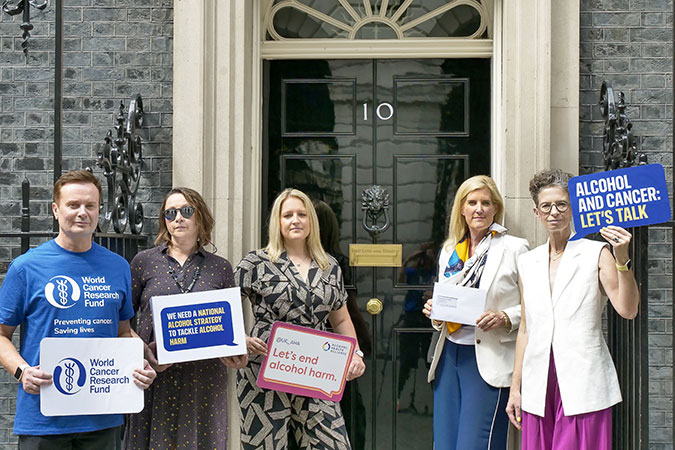Alcohol and cancer: let’s talk
A guide to help health professionals have conversations about cancer prevention and alcohol with patients
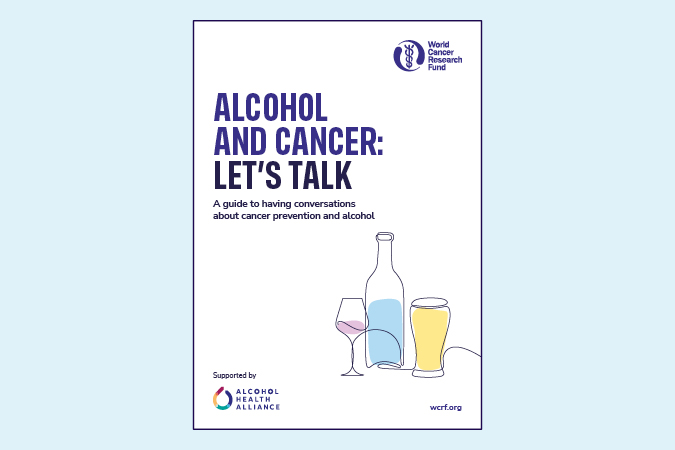
Weight factsheet
Discover how maintaining a healthy weight can reduce your cancer risk with our weight factsheet. Learn simple ways to check if you’re a healthy weight and get practical tips on eating well and keeping active to achieve it.
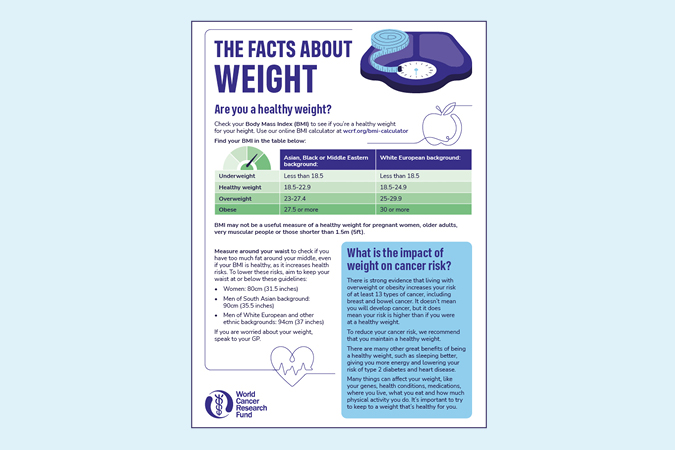
Physical activity factsheet
Need help moving more? Our factsheet has all you need to know about keeping active and practical tips to help you get more active in your everyday life.
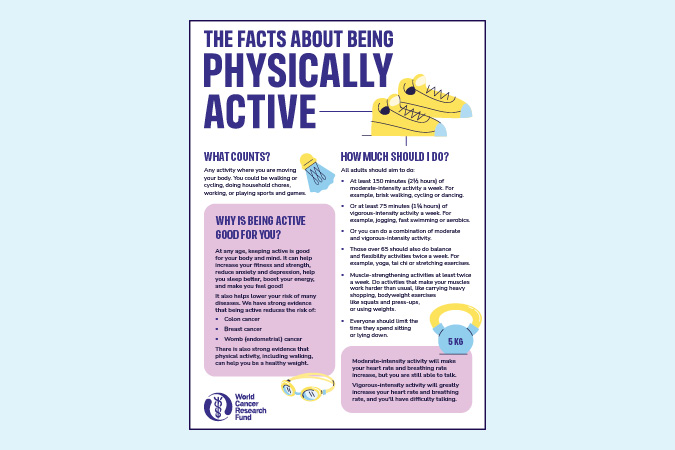

What’s your cancer risk?
Answer a few simple questions to find out if your lifestyle is making you attractive to cancer
Are you sugar savvy?
A game for health professionals to use with patients and clients concerned about their sugar intake.
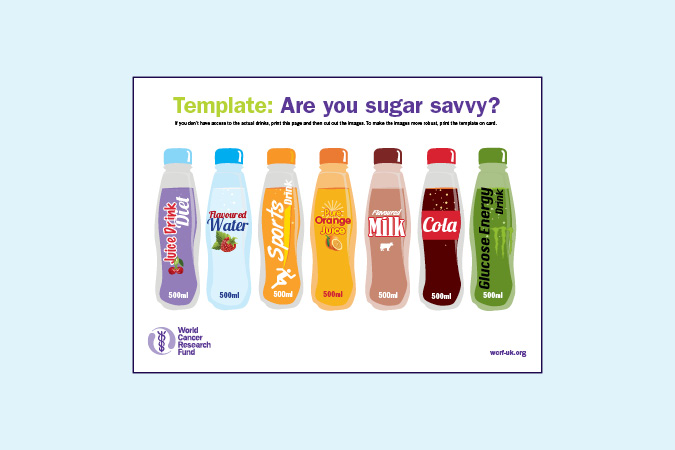
 Use this game at health-related events and workshops to show people how much sugar some drinks contain. It helps to encourage people to limit their intake of sugary drinks and replace them with low-sugar or sugar-free options.
Use this game at health-related events and workshops to show people how much sugar some drinks contain. It helps to encourage people to limit their intake of sugary drinks and replace them with low-sugar or sugar-free options.
This resource has been designed for you to use with your patients and clients. We have lots of other booklets, posters and cookbooks for patients to take home.
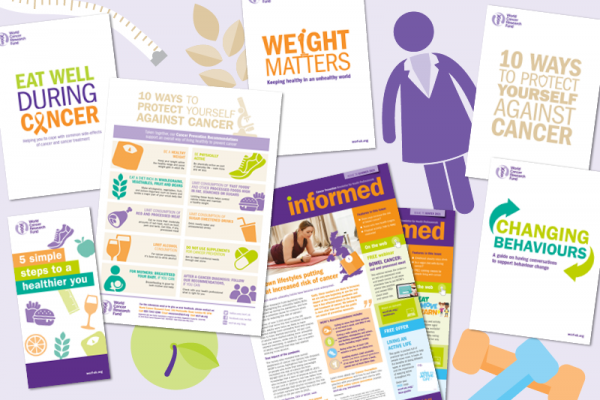
Help us do more
Our package of free resources is exclusive to UK health professionals and helps us reach many more people with our messages
Changing behaviours
Helping health professionals to have effective conversations with patients and clients about healthy lifestyle choices.
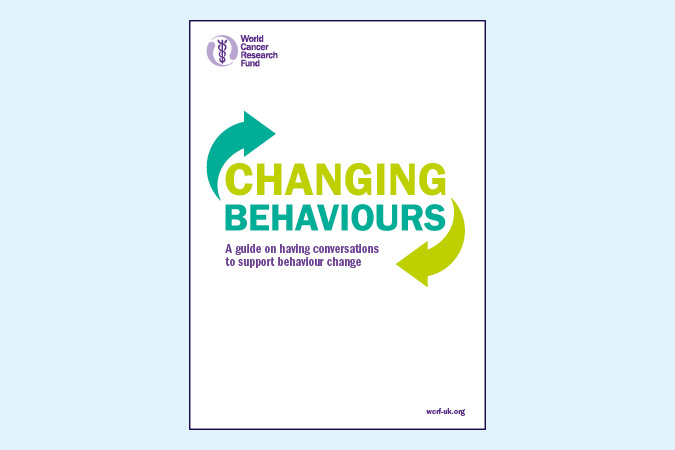
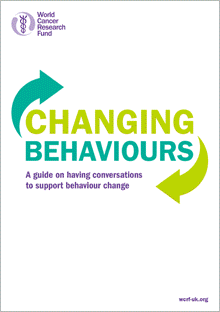 This guide supports health professionals to have effective conversations with patients and clients about healthy lifestyle choices.
This guide supports health professionals to have effective conversations with patients and clients about healthy lifestyle choices.
It includes listening and communication techniques, as well as examples and activities to complete.
To order a print copy, or multiple copies, please email resources@wcrf.org.
This resource has been designed for you to use with your patients and clients. We have lots of other booklets, posters and cookbooks for patients to take home.

Help us do more
Our package of free resources is exclusive to UK health professionals and helps us reach many more people with our messages
Lung cancer infographic
Lung cancer and how to reduce your risk.
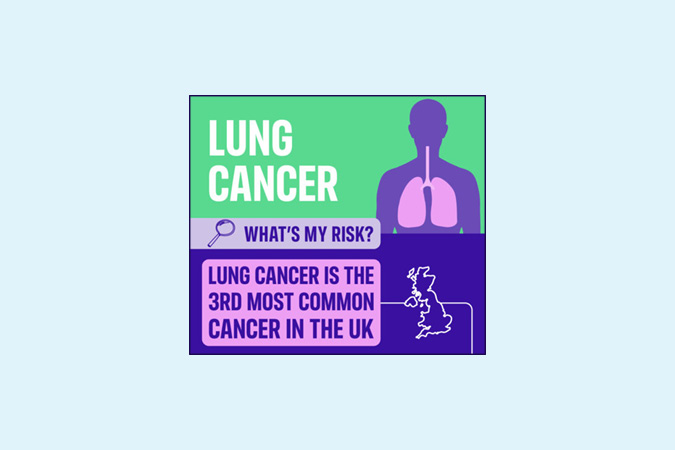
Prostate cancer infographic
Prostate cancer and how to reduce your risk.
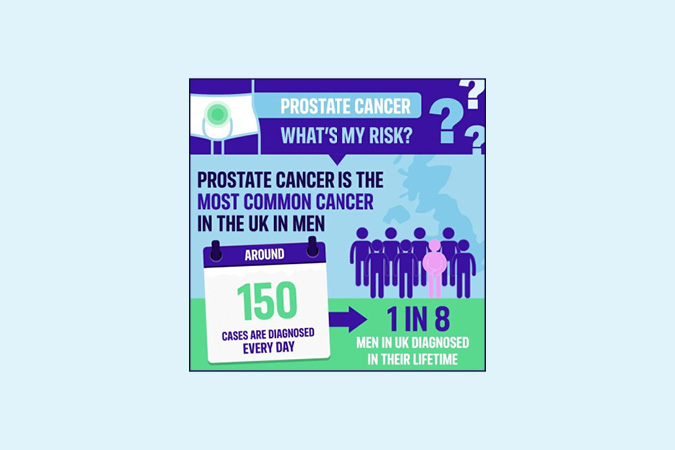
Bowel cancer infographic
Bowel cancer and how to reduce your risk.
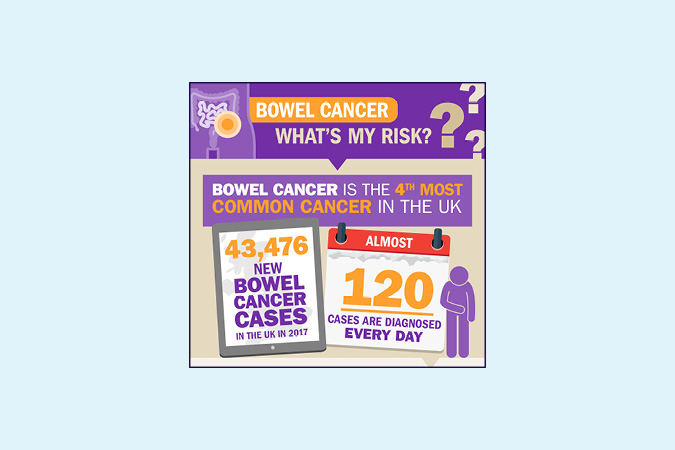
10 top tips for reducing your alcohol intake infographic
To view, download and share.
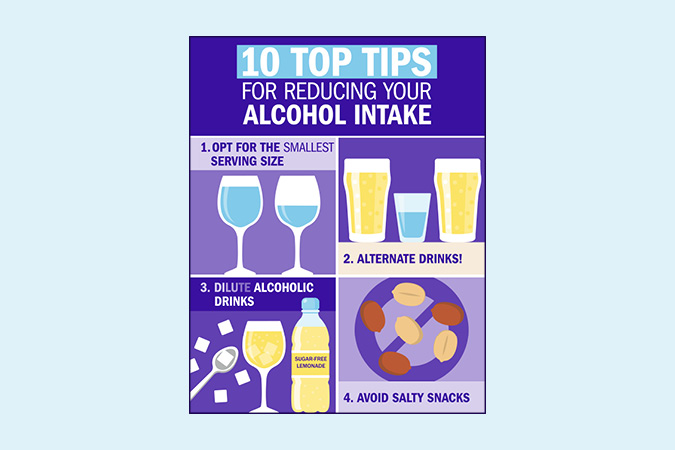
Breast cancer infographic
Breast cancer and how to reduce your risk.
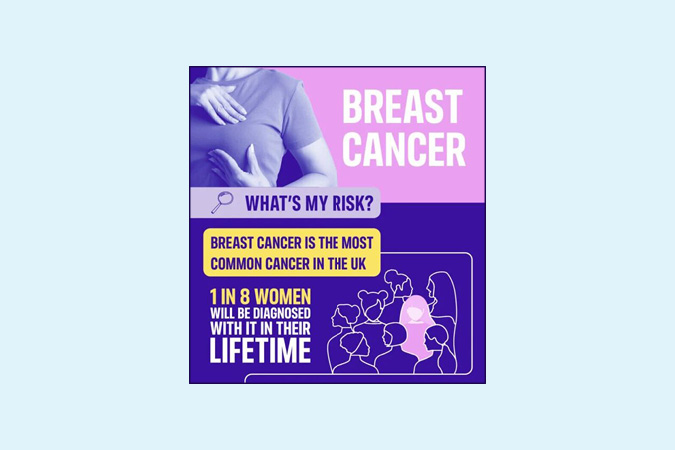
Liver cancer infographic
Liver cancer and how to reduce your risk.
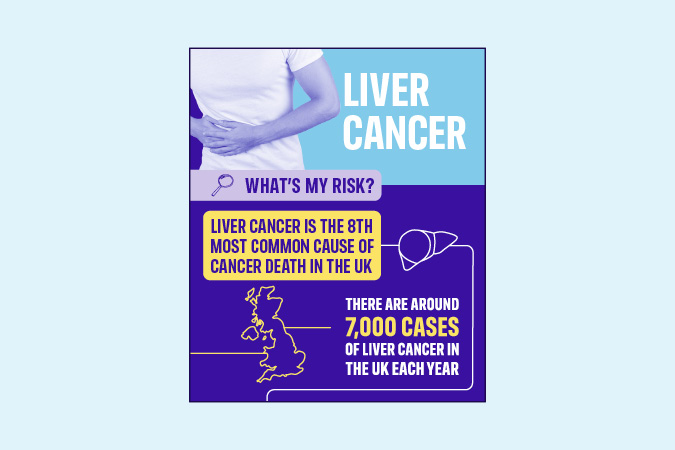
The facts about processed meat
Our practical factsheet is full of tips and advice to help you cut down on how much processed meat you eat.
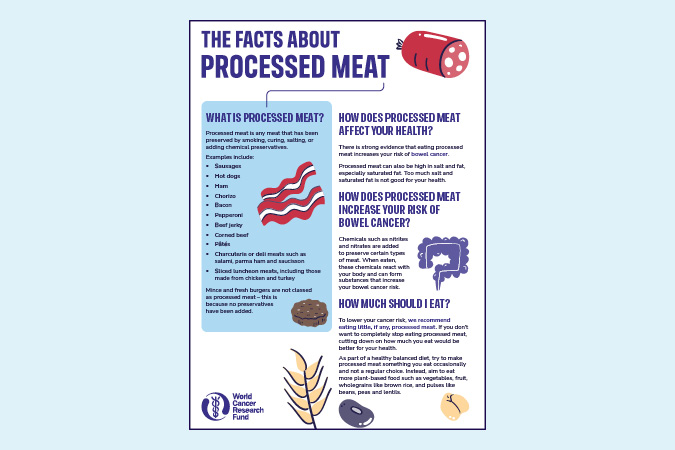
We often hear that we should eat less processed meat such as bacon, but what actually is processed meat, how can I tell if a meat is processed, and how can I go about eating less?
One of our Cancer Prevention Recommendations is to eat little or no processed meat, as we have strong evidence that it increases the risk of bowel cancer.
So, eating only small amounts or no processed meat altogether can help to lower your risk. Processed meat is also high in salt and fat, so cutting down will be better for you.
This vibrant factsheet contains everything you need to know about processed meat and what practical changes you can make to help you eat less.

Support our work
We can only offer our guides and recipe booklets for free thanks to the generosity of people like you


